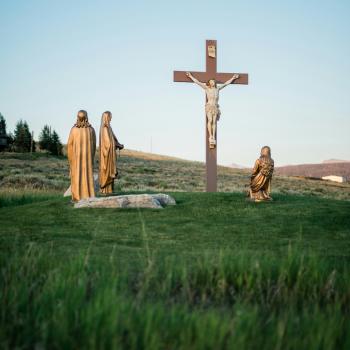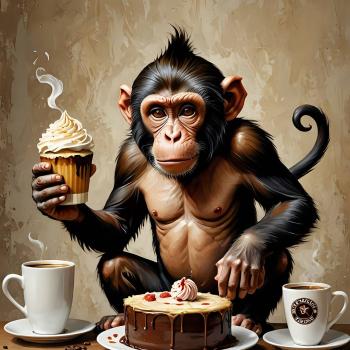So, what is the future of religion?
The global South might, indeed, hold some clues to a potential path, but those clues have little to do with primitive purity, conservative or liberal theology, or tensions between Christians and Muslims. Instead, the clues point to the power of experiential faith, where spirit-infused movements of personal transformation promise ways of re-ordering life and community that increase human flourishing. Indeed, when faith is an experience that challenges systems of oppression, corruption, and established power relationships, people gain a sense of worth, dignity, health, and control over their lives. This was, as many historians have noted, much of the genius behind the early Christian movement -- that it made life-on-earth better for its adherents through a spiritual encounter with God in Jesus. This combination of personal transformation, experience, and social empowerment seems the combustible fuel initiating most successful religions. Yet, sadly, these elements are often the first things lost when a religion gains too much political power, prestige, or money.
This pattern is more obvious, perhaps, in places where the "big" religions are displacing local and tribal ones. In these contemporary mission settings, people find their lives remade by an encounter with a global faith and new holy texts, whether it be an encounter with Pentecostalism or Sufi Islam, an Anglican prayer book or the Kabbalah. But a similar process is happening in the West where, for many centuries, Christianity has been the "local and tribal" religion of European peoples. Across the western world, the old religion seems worn. Particularly since the end of the 19th century, westerners have been discovering new religions -- in the form of eastern religions or new spiritualities -- as well as reworking new forms of Christianity and Judaism. Most of these new western faiths are experiential, not creedal, and take such forms as practicing yoga, learning meditation, lighting candles and reciting ancient prayers, telling one's story in a recovery group, rehearsing Latin-sounding chant, learning to cultivate a personal relationship with Jesus, or doing the works of justice with one's own hands. Many formal religious institutions have been slow to embrace the experiential shift, and the slower they have been, the swifter their decline as people migrate toward new expressions of faith mostly found outside recognizably organized groups.
The future of religion lies precisely on how and whether religions -- as organized systems of belief and institutional structures -- can reorganize themselves around meaningful spiritual experience that enables people to embody the wisdom of their traditions and empower courageous action on behalf of others, for peace and for the planet. Religion's future depends on its ability to renew itself in ways that enrich human flourishing and our capacity to love our neighbor as ourselves. Otherwise, religion will be part of the problem (as many people now claim) and will continue on the path of institutional marginalization and decline.
Therefore, the future of religion depends, well, on us. The spirit may be blowing in new ways, but unless we -- those of us who share religious traditions and our religious leaders -- feel the new winds and orient ourselves to the new directions, we may well miss this renewing moment for each our religious faiths. What will that future look like? Since wisdom teaches that, "no one knows the future," we will have to do our most creative work with humble awareness of our own limitations and the unexpected surprises we will encounter. Some yet-to-be-born historian will have to tell us how we did, for only time can show us the future.
Diana Butler Bass is the author of seven books, including the best-selling Christianity for the Rest of Us and A People's History of Christianity. Her upcoming book The End of Religion? will be published in fall 2011 by HarperOne. She holds a Ph.D. in the history of Christianity, has been a college and seminary professor, is a popular lecturer and retreat leader, and frequently comments in the media about religion, culture, and politics.




